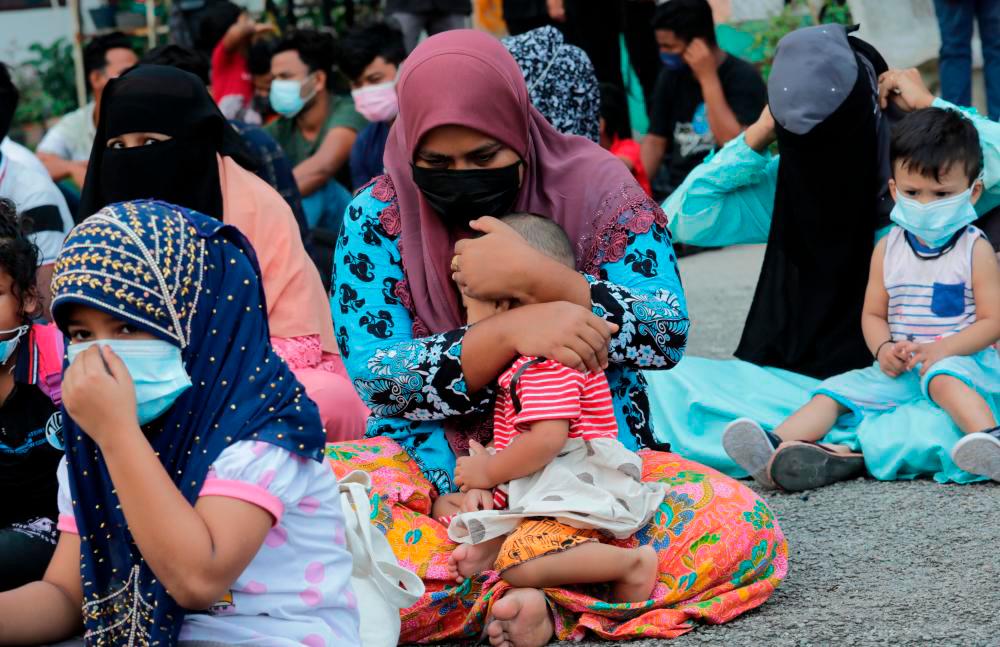KUALA LUMPUR: Parents have to remain alert to the health needs and potential risks towards their children, especially those under the age of five, to ensure they remain safe and healthy while travelling.
Sunway Medical Centre, Sunway City (SMC), Accident and Emergency Department Head, Dr Lee Soon Han said the most common injuries that children sustain during travel were due to accidents, falls and drowning incidents and they were also prone to falling sick with fever and suffering food poisoning.
“Use booster or car seats and seatbelts correctly according to the child’s age, height, and weight. Also, make sure to wear water safety devices during swimming and always have close adult supervision. Also, always consume clean water and proper food, while maintaining milk bottle hygiene,” he said in a statement today.
Parents should always have a first-aid kit in hand, packed with some paracetamol for fever or pain, oral rehydration solutions, cough and cold medications, such as, antihistamines, and inhalers for children with asthma, he said.
He added that basic items for wound care, such as, gloves, gauze, antiseptic wipes, band-aids and adhesive tape, as well as a thermometer, should also be part of their travel first-aid kit.
Parents need to be aware of the various dos and don’ts should their child suffer from motion sickness or discomfort due to the difference in pressure while in transit, such as to always stay hydrated, avoid heavy meals, reading or using any screen devices during the ride, Dr Lee said, adding that children could be encouraged to take a nap during their journey as well.
Should the child have a pressure difference in their ears, they can try simple solutions such as swallowing or chewing something, while babies and toddlers are encouraged to nurse or suck on a bottle.
“Consult your doctor before travelling if you have children with chronic heart or lung disease. Dress appropriately, with more layers at lower climate destinations, while for hotter locations, sunscreen should be applied regularly to avoid sunburn,” he advised, adding that children should have travel insurance that covered the cost of a return trip home if needed, and that parents should identify potential healthcare facilities offering emergency medical services at their travel destination.
SMC Consultant Emergency Physician, Dr Nur Elayni Borhan meanwhile advised parents to note down their children’s eating habits while traveling to ward off potential foodborne diseases.
“Please ensure your child is taught to follow safe food and water precautions. Frequently wash hands to prevent foodborne and waterborne illnesses, breastfeed your infants as it’s the best way to reduce risk, as well as make sure vaccinations are up-to-date as there is generally a higher risk for most vaccine-preventable diseases when travelling.
“As for treatment for diarrhoea, it is best to consume plenty of fluids. ORS may be used to prevent dehydration, especially if the child is also vomiting. If your child appears to be dehydrated, has a fever, or bloody stools, seek medical attention immediately,” she shared.
Most importantly, Dr Nur Elayni said children should avoid swimming in any fresh, non-chlorinated bodies of water, such as, rivers, ponds, or lakes, as they may be contaminated with diseases that can be transmitted to the child if the water is ingested.
“I would also advise to bring some topical medication like antiseptic cream, mentholated or medicated topical ointment – anything you’re used to, from home,” she said, as early planning was important for safe and comfortable journeys for children with food allergies. -Bernama









